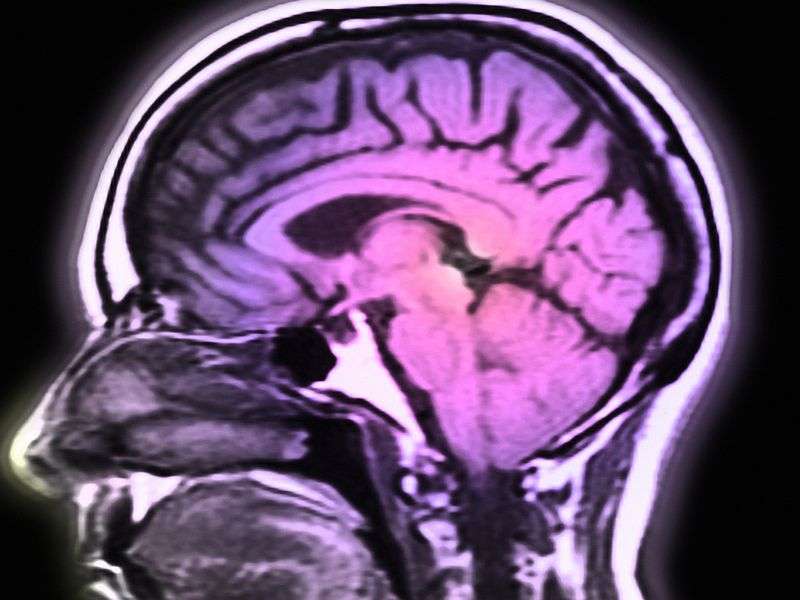Therapeutic hypothermia benefits adults with TBI

(HealthDay)—For adults, but not children, with traumatic brain injuries, therapeutic hypothermia is beneficial, according to a meta-analysis published online Dec. 9 in Critical Care Medicine.
Ellie M. Crompton, from the Institute of Cardiovascular Research at the Royal Holloway University of London, and colleagues conducted a comprehensive meta-analysis to quantify the benefits of hypothermia therapy for traumatic brain injuries in adults and children. Data were reviewed from 41 studies in adults (3,109 patients aged 18 to 81 years) and from eight studies in children (454 patients aged 3 months to 18 years).
The researchers found that therapeutic hypothermia in adults was associated with an 18 percent reduction in mortality (risk ratio [RR], 0.82; 95 percent confidence interval [CI], 0.70 to 0.96) compared with adults who were kept normothermic, and a 35 percent improvement in neurologic outcome (RR, 1.35; 95 percent CI, 1.18 to 1.54). Hypothermic treatment in children was associated with a 66 percent increase in mortality (RR, 1.66; 95 percent CI, 1.06 to 2.59) and a trend toward deterioration in neurologic outcome (RR, 0.90; 95 percent CI, 0.80 to 1.01).
"Therapeutic hypothermia is likely a beneficial treatment following traumatic brain injuries in adults but cannot be recommended in children," the authors write.
More information: Full Text (subscription or payment may be required)
Copyright © 2016 HealthDay. All rights reserved.


















